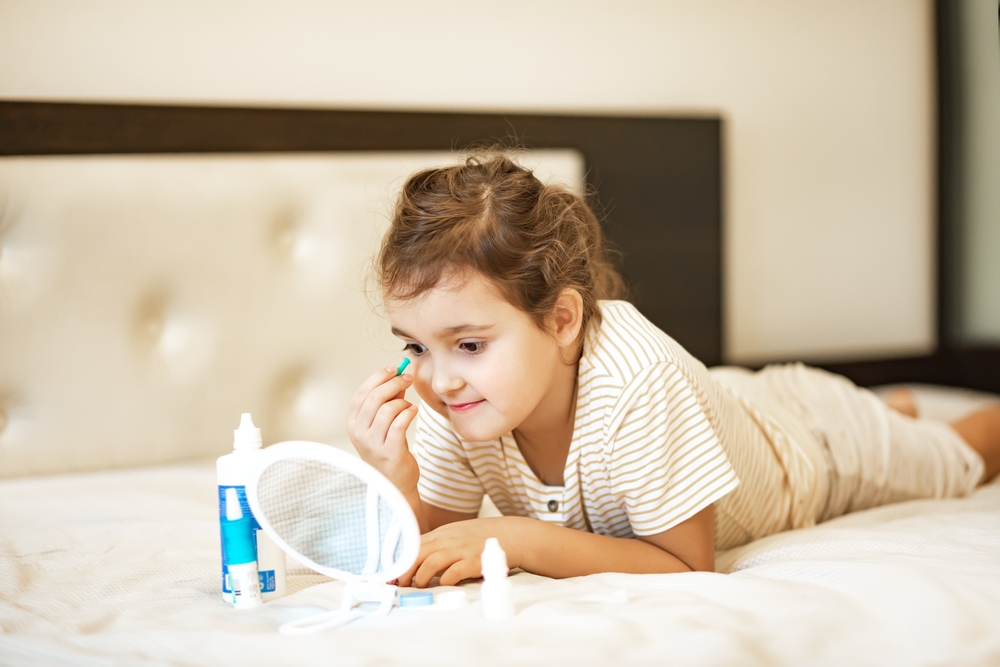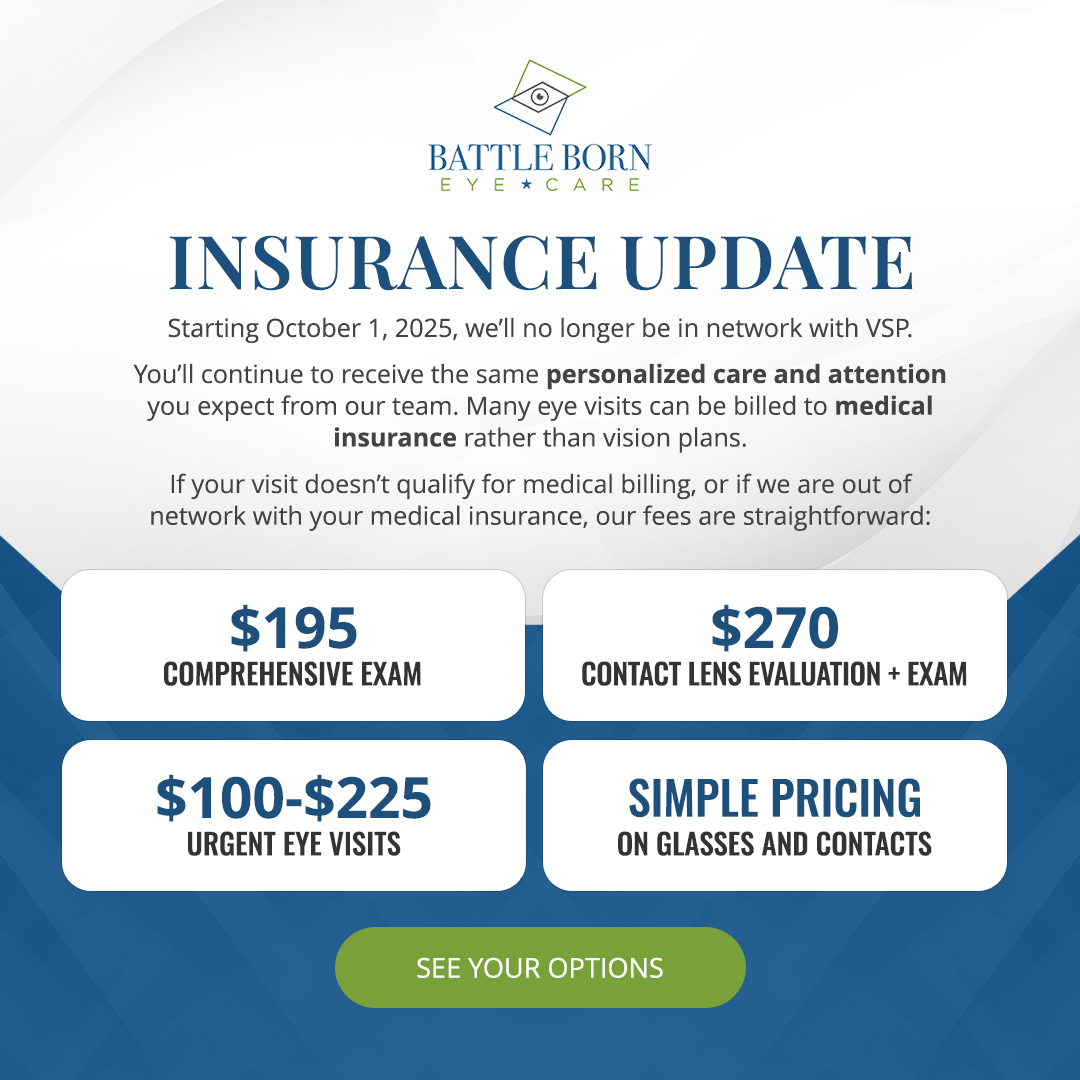
Myopia is becoming more common in children than ever before. If your child has trouble seeing the board at school but can see up close just fine, they may have myopia. While it might seem like a simple vision problem that can be fixed with glasses, untreated myopia can lead to more serious eye health issues as your child grows older.
What Is Myopia?
Myopia occurs when the eye grows too long from front to back, causing light rays to focus in front of the retina instead of directly on it. This leads to blurry distance vision, while near objects remain clear. While glasses and contact lenses can correct vision, they do not address the underlying progression of myopia.
Can Myopia Lead to Other Eye Conditions?
Research shows that individuals with moderate to high myopia have a significantly increased risk of developing other serious eye conditions, including:
Retinal Detachment: The longer shape of the myopic eye stretches the retina, making it thinner and more vulnerable to tears or detachment. Retinal detachment is a sight-threatening emergency that requires immediate attention.
Glaucoma: People with myopia have a higher risk of developing glaucoma, a disease that damages the optic nerve and can lead to permanent vision loss if not treated early.
Cataracts: Myopic eyes are more likely to develop cataracts earlier in life. Cataracts cloud the eye’s natural lens and can significantly impact vision quality.
Myopic Maculopathy: This is a degenerative condition where the central part of the retina (the macula) deteriorates due to the stretching of the eye. Myopic maculopathy can lead to irreversible vision loss.
Why Early Myopia Management Matters
Because myopia tends to worsen over time (especially in children and teenagers) it’s important to slow its progression as early as possible. Addressing myopia early can help protect your child’s eyesight and lower their risk of developing more serious eye health problems later in life.
Modern myopia management treatments go beyond traditional glasses or contact lenses. Today, options include specialty contact lenses, such as Orthokeratology (Ortho-K) or multifocal lenses, which are designed specifically to slow myopia progression. Prescription eye drops, like low-dose atropine, have also been shown to help manage myopia in children. Additionally, there are custom-designed glasses lenses available that are made to control the progression of nearsightedness.
These interventions have been proven to slow the advancement of myopia. By taking action early, you can reduce your child’s risk of developing more serious eye health complications in the future and help them maintain clear, healthy vision as they grow.
Take Action for Healthy Vision at Battle Born Eye Care
Myopia is more than just a refractive error - it’s a risk factor for several potentially sight-threatening conditions. Early and proactive management of myopia can help protect your long-term eye health and minimize future risks. If you or your child have myopia, regular eye exams and individualized treatment plans are essential for maintaining healthy vision.
Schedule a comprehensive eye exam at Battle Born Eye Care to learn more about myopia management options and how we can help your child enjoy clearer, healthier vision. Visit our office in Reno, Nevada, or call (775) 360-6446 to book an appointment today.











